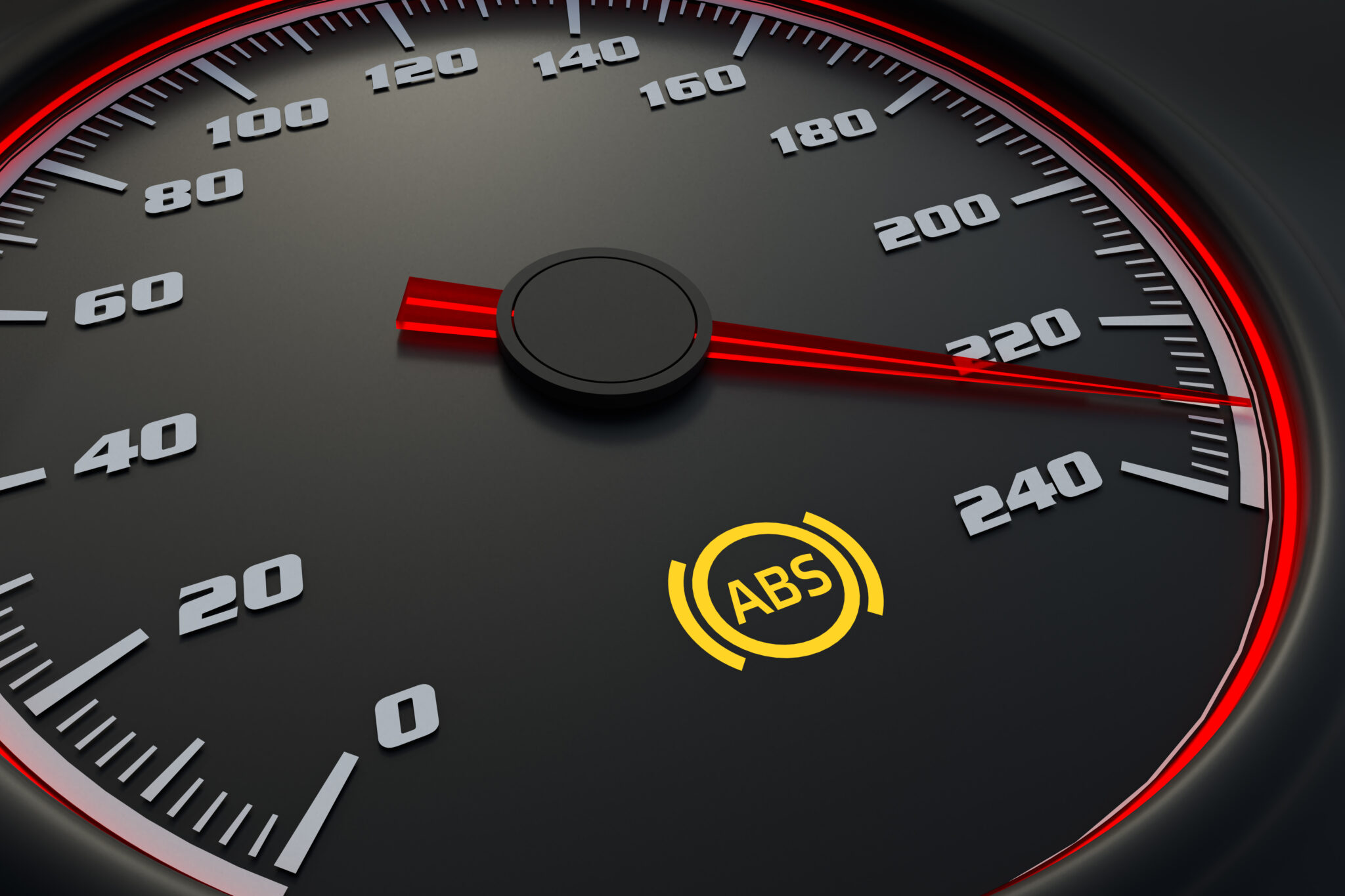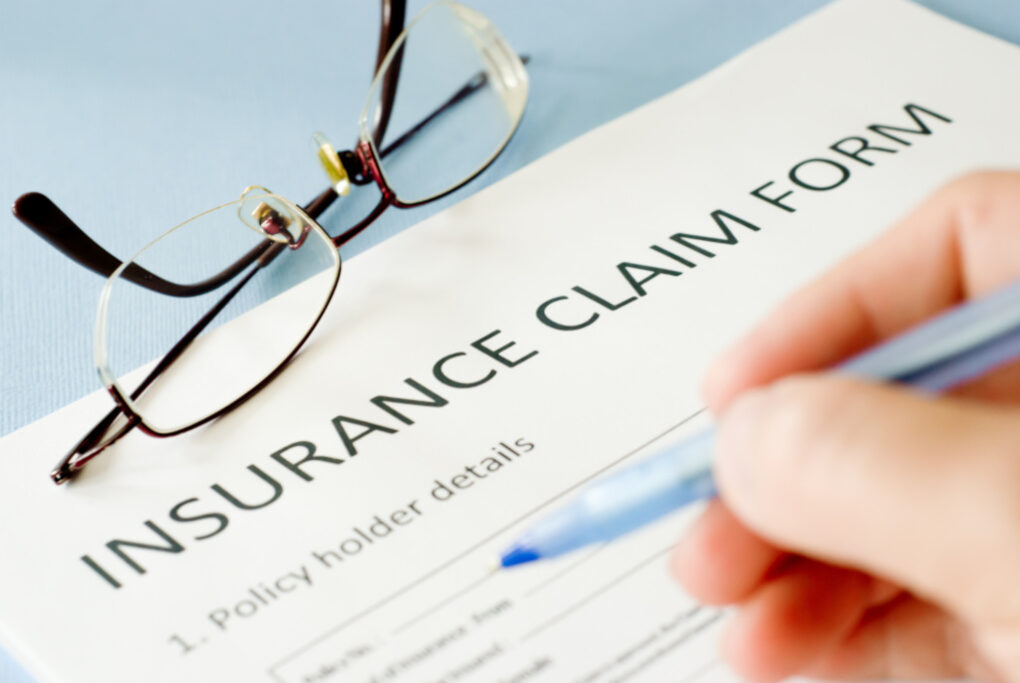Modern vehicles come equipped with active safety features that can lessen the effects of crashes or even stop cars before impact. Anti-lock braking systems (ABS) are one of the best examples. Every car and minivan sold in the United States must include ABS as standard equipment. In addition to the extra protection, you may receive an anti-lock brakes discount.
In this article:
- Anti-lock braking system basics
- How the ABS discount works
- How much you save
- States that require ABS discounts
- Insurers offering this reward
- Frequently asked questions
Anti-Lock Braking System (ABS) Basics
An anti-lock braking system (ABS) is a safety feature that helps prevent you from losing control of your car if you need to stop suddenly. Specifically, these brakes stop your wheels from locking up when you apply pressure to the brake pedal, which could cause you to skid and lose control. ABS automatically pump the hydraulic fluid in your line to help your car keep its traction. And it does this incredibly fast, as many as 20 times a second!
Modern vehicles already come with ABS as a primary safety feature. In fact, since 2012, all cars sold in the United States must include them. The EU mandated ABS a few years earlier, and it’s been standard equipment since 2004. Therefore, the chances you qualify for the anti-lock brake discount are excellent.
How the Anti-Lock Brakes Discount Works
Auto insurance companies offer a wide variety of discounts. These can be for traits such as customer loyalty, safe driving, or personal details about you, including your academic performance or job. Insurers often reward drivers who are less at risk of getting into accidents and, in turn, costing them money.
ABS and similar car safety features do a fantastic job of helping drivers avoid accidents and limiting injuries to vehicle occupants. For insurance companies, this means paying out fewer claims, which improve their bottom line. Insurers pass some of these savings on to policyholders as an anti-lock brakes discount.
Most insurers state that ABS qualifies you for a price break for “certain coverages” instead of spelling out the details. In most cases, the anti-lock brakes discount lowers collision insurance rates by 5- 10%. Exactly how much you save depends on your state and provider.
Since most cars in the United States have anti-lock brakes, insurers apply the ABS discount automatically once they determine your vehicle’s make, model, and year.
How Much You Save
The anti-lock brakes discount is small by itself. For instance, GEICO reduces premiums by 5%, while Allstate lowers rates by 10%. You could also be eligible for other vehicle safety discounts if you own a new car. Common examples include:
- Passive restraints (airbags or automatic seat belts)
- Daytime running lights
- Anti-theft devices
- New cars
Note that the savings from the anti-lock brakes discount can vary for several reasons. First, your situation is unique. Second, each company has its own specific requirements and internal pricing factors. Third, state conditions and regulations always influence premiums. Not only that, but many insurers only reduce the collision insurance portion of your policy.
States That Require ABS Discounts
Several states, including New York, understand the importance of safety systems that prevent skidding and have enacted legislation requiring insurers to offer an anti-lock brake discount. At the time of this writing, only three states have legislated reduced rates for these wheel-lock avoidance systems:
Insurers Offering an Anti-Lock Brakes Discount
Unfortunately, only a few insurance companies offer the anti-lock brakes discount to everyone. Even so, depending on your state of residence, your carrier may be required by law to reduce rates for ABS. We recommend contacting your agent from your respective insurer if you have any questions about eligibility.
Below is a list of insurance companies with that offer a discount for anti-lock brakes:
- GEICO
- Farmers (not available in every state)
- State Farm
- Allstate
- American Family
Savings for advanced brake equipment may still be possible if you don’t see your insurance company above. Advanced safety features are standard equipment in many modern cars and often qualify for discounts. In addition, local auto insurers certainly offer an anti-lock brakes discount
Anti-Lock Brakes Discount by Company
| Insurance Company | Max Savings |
|---|---|
| GEICO | 5% |
| Farmers | 5% |
| State Farm | 5% |
| Allstate | 10% |
| American Family | N/A |
Frequently Asked Questions
Are anti-lock brake systems (ABS) good to have?
ABS are an important safety feature. They can be helpful if you find yourself in a situation where you must stop quickly. Anti-lock brakes prevent your wheels from locking up, helping you maintain traction rather than losing control. The ABS discount is just one advantage.
How do anti-lock braking systems (ABS) make coverage cheaper?
Auto insurance can end up costing less if your car has ABS. Most companies reward policyholders with anti-lock brakes a 5 to 10% discount on their collision coverage. So, if you only have liability, there may be no savings. However, you may end up in fewer car accidents, saving you money, time, and grief.
How do I know if I have anti-lock brakes (ABS)?
You’ll usually know if you have an anti-lock brakes when you see a light that says “ABS” on your dashboard when turning your key to the “On” or “Power” position. You could also look up your car’s model and see if it has ABS.
How do I tell my insurer I have ABS?
Your insurance carrier may be able to find out if your car has anti-lock brakes when you provide your make and model to them. You can also try talking to your provider to learn about ABS discount requirements.


